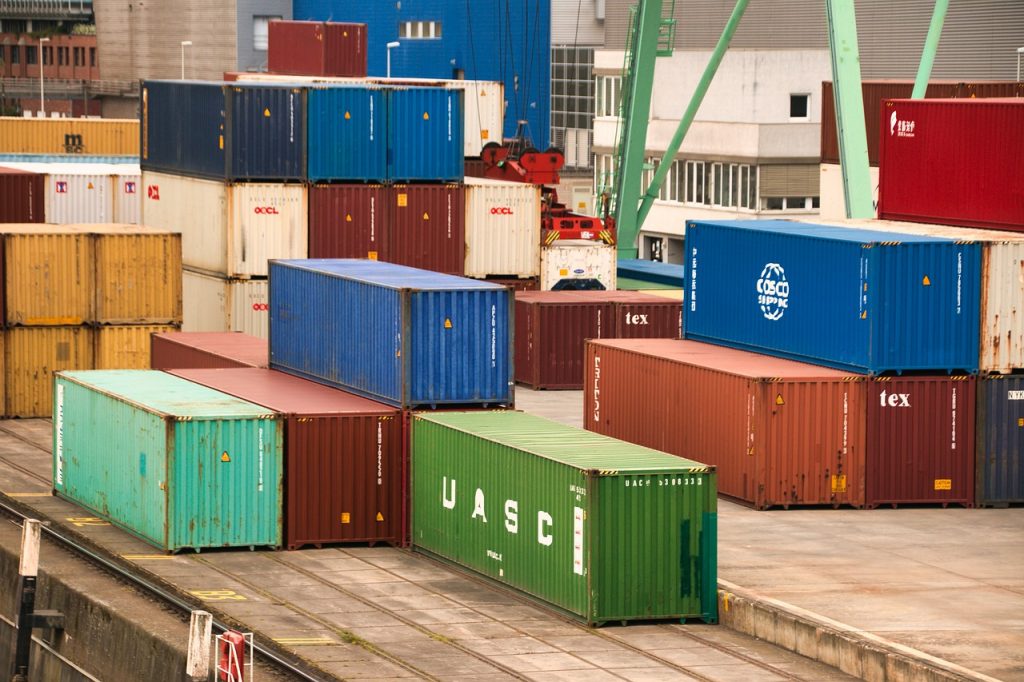In today's fast-paced world, efficient transportation is the backbone of global trade and economic growth. Among the various modes of transportation, road freight plays a pivotal role in connecting businesses, industries, and consumers. In this blog post, we will delve into the world of road freight, exploring its significance, advancements, and the transformative impact it has on the logistics industry.
- The Essence of Road Freight:
Road freight refers to the transportation of goods and cargo by trucks, lorries, and other vehicles on road networks. It is a versatile and widely used mode of transportation due to its accessibility, flexibility, and door-to-door service capabilities. Road freight enables the movement of goods across short and long distances, connecting manufacturers, distributors, and retailers seamlessly. - Key Benefits of Road Freight:
2.1. Speed and Efficiency: Road freight offers faster transit times compared to other modes of transportation, making it ideal for time-sensitive deliveries. With well-developed road networks and advancements in technology, logistics companies can optimize routes, minimize delays, and ensure timely deliveries.
2.2. Flexibility and Accessibility: Unlike other modes of transportation, road freight provides unparalleled accessibility to even the most remote locations. Trucks can navigate through diverse terrains, reaching customers directly and eliminating the need for additional transfers or handling.
2.3. Cost-Effectiveness: Road freight offers cost advantages for shorter distances and smaller shipments. It eliminates the need for intermediate handling and transshipment, reducing overall transportation costs. Additionally, road freight allows for efficient utilization of truck capacity, optimizing load factors and reducing empty miles.
- Technological Advancements in Road Freight:
3.1. Telematics and Fleet Management: The integration of telematics systems in trucks enables real-time monitoring of vehicle location, fuel consumption, and driver behavior. Fleet management software optimizes route planning, minimizes fuel consumption, and enhances overall operational efficiency.
3.2. Internet of Things (IoT) and Connectivity: IoT devices and sensors embedded in vehicles and cargo enable real-time tracking, temperature monitoring, and condition monitoring. This ensures the integrity and safety of goods during transportation, reducing the risk of damage or spoilage.
3.3. Automation and Autonomous Vehicles: The emergence of autonomous vehicles in road freight is revolutionizing the industry. Self-driving trucks equipped with advanced sensors and artificial intelligence can enhance safety, reduce human error, and increase operational efficiency.
- Sustainable Road Freight:
4.1. Environmental Considerations: Road freight contributes to carbon emissions and environmental pollution. However, advancements in vehicle technology, such as electric and hybrid trucks, are reducing the carbon footprint of road transportation. Additionally, the optimization of routes and load factors minimizes fuel consumption and congestion, further mitigating environmental impact.
4.2. Last-Mile Delivery Innovations: Last-mile delivery, the final leg of the transportation process, is a critical aspect of road freight. Innovations like electric vans, micro-fulfillment centers, and alternative delivery methods (e.g., drones) are being explored to improve efficiency, reduce emissions, and enhance the customer experience.
Conclusion:
Road freight is a dynamic and indispensable component of the global logistics industry. Its speed, accessibility, and flexibility make it a preferred choice for businesses worldwide. With ongoing technological advancements and sustainability initiatives, road freight is poised to transform further, meeting the evolving demands of the modern supply chain. Embracing innovation and optimizing road freight operations will unlock new opportunities, driving economic growth and shaping the future of transportation.


